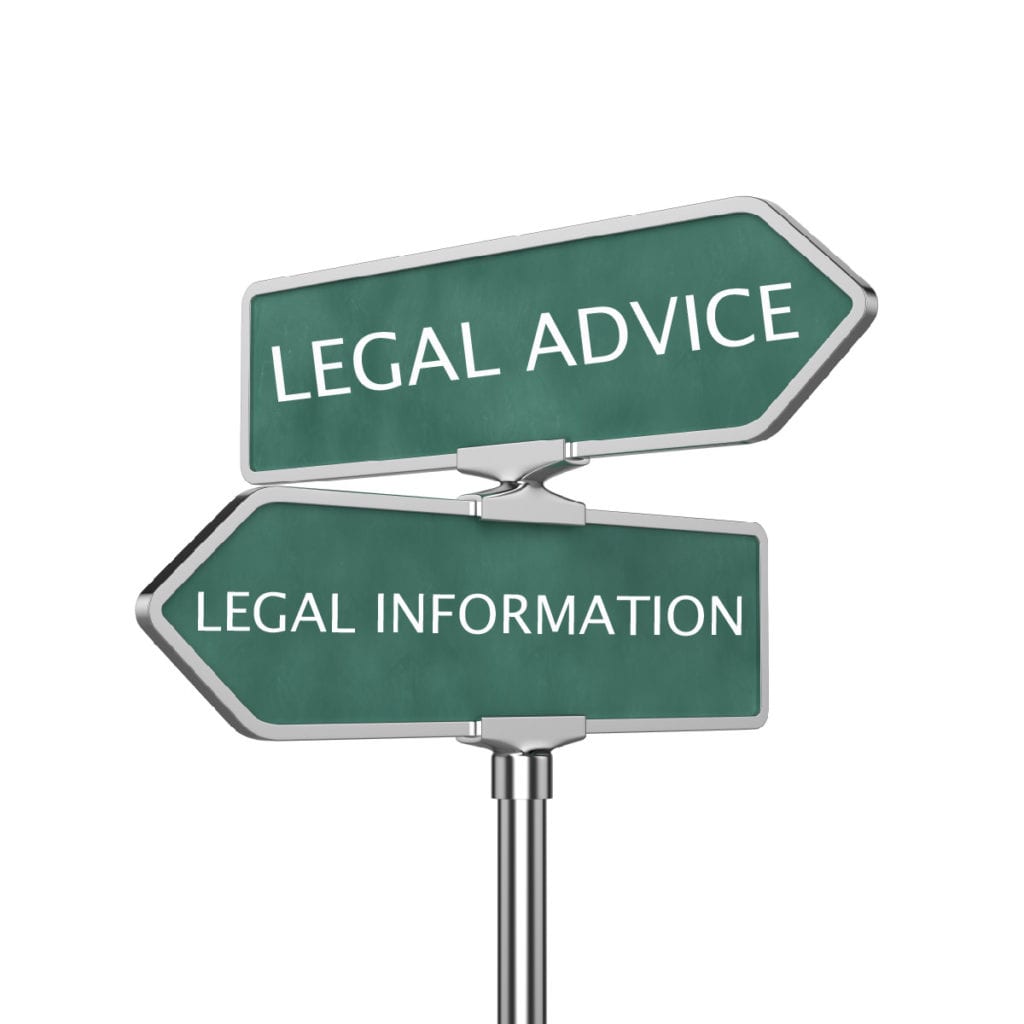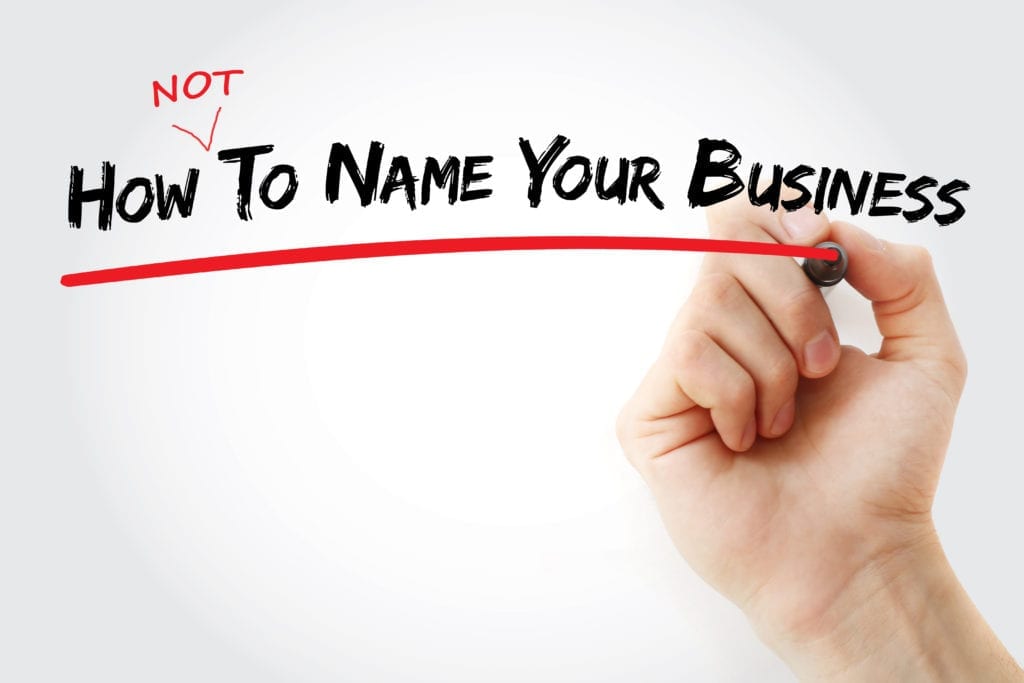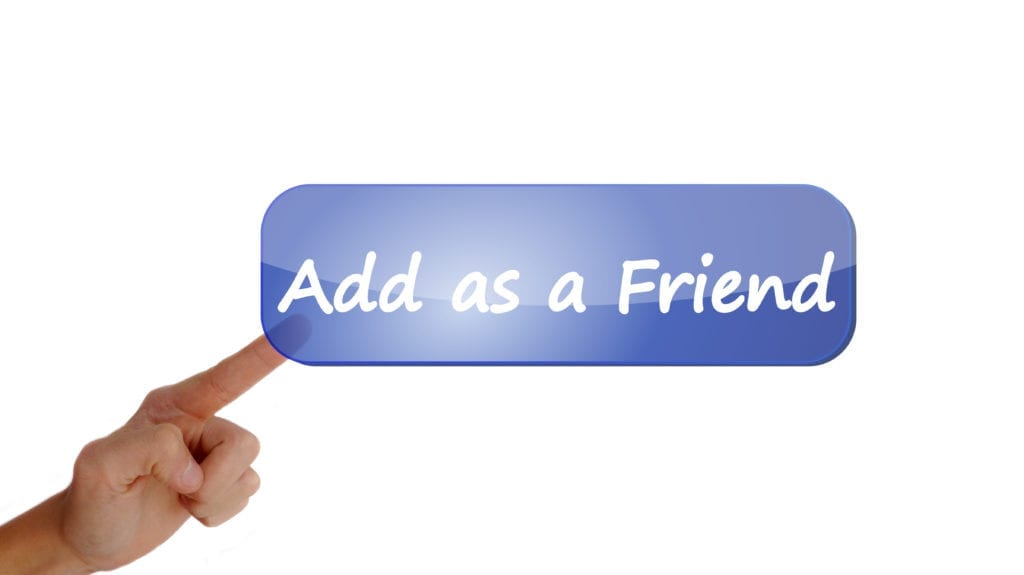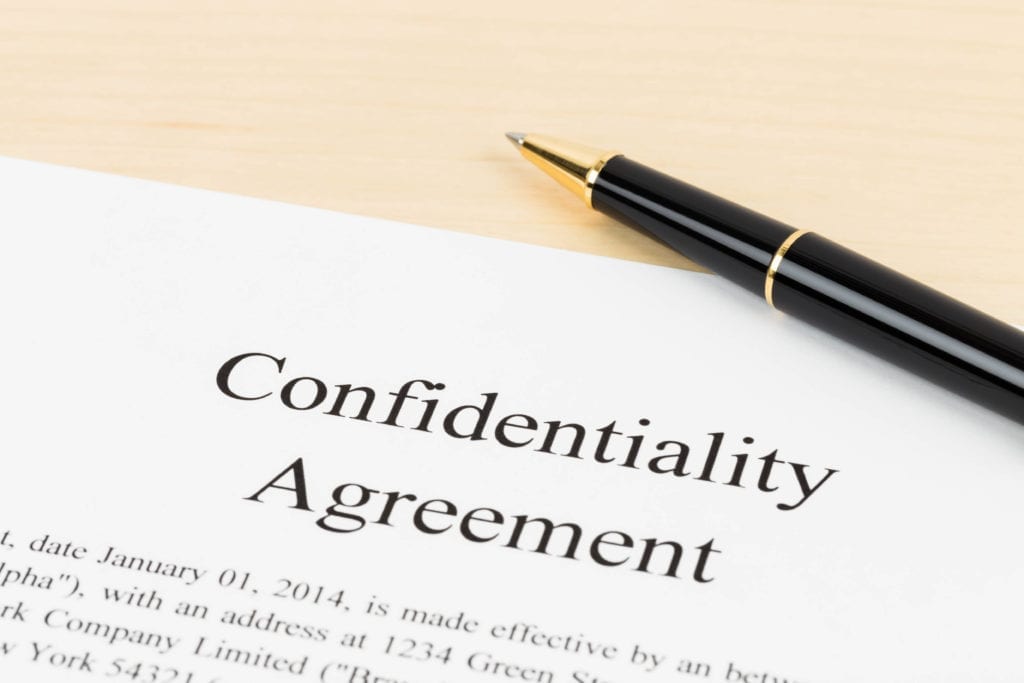Dealing With Bad Online Reviews

With the rise of Google reviews and websites like Yelp and Avvo, it has become easier for a client or former client to widely disseminate derogatory comments about you and the legal services you provide. Such a review would likely get your blood boiling, and the temptation to respond forcefully will be high. But before […]
Past Successes: What Can Lawyers Say About Them?

When marketing their practices, lawyers certainly want to tell potential clients about their successes. They want the world to know how they have taken care of clients in the past. But lawyers must tread carefully. Each jurisdiction has its own rules on this issue, but all uniformly prohibit statements that might be false, fraudulent, deceptive […]
Contacting Unrepresented People On Social Media

A lawyer’s communications with an unrepresented person are generally governed by Rule of Professional Conduct 4.3 or some similar equivalent. (See, e.g., Georgia Rule 4.3). Most versions of Rule 4.3: prohibit a lawyer from stating or implying that the lawyer is disinterested; require a lawyer to make reasonable efforts to correct any misunderstanding, when the […]
Are You Improperly Giving Legal Advice On the Internet?

Lawyers are allowed to give general answers to legal questions posed by laypeople on social media, chat rooms, blogs, websites, and other internet platforms. That said, lawyers should not provide specific legal advice, because those communications may inadvertently create an attorney-client relationship. One ethics opinion has held that “answering questions on the Internet is analogous […]
Operating Law-Related Side Businesses: The Basics

In recent years, accounting firms have been encroaching on work that law firms traditionally performed. If other industries are coming for the law, why shouldn’t lawyers offer complimentary non-legal services through ancillary businesses? Some already are. Below are some of the issues that lawyers must consider if they plan to offer law-related services in addition […]
Potential Limitations On Naming Your Law Firm

Law firm names are generally governed by Rule of Professional Conduct 7.5. In short, law firm names must not be “false, fraudulent, deceptive or misleading.” Applying this rule, law firms should not use names implying that they have more than one attorney when in fact they do not. In June 2016, the State Bar of […]
Advising Clients on Their Social Media Use

We have previously discussed a lawyer’s ethical duty to understand social media. Such an understanding is necessary to provide competent representation to clients. So how does that translate in the real world? How should lawyers advise clients with regards to their social media accounts? Keeping in mind that each jurisdiction may differ, here are some […]
Connecting with Judges on Social Media

A topic that seems to come up a lot is whether lawyers and judges can be “friends” or “connections” on various social media platforms. Is it ever ok? What if a judge sends a connection request to a lawyer? If the lawyer rejects it, how will the judge react? What if a lawyer is “friends” […]
The Ethics of Law Firm Logos

Law firm logos are generally not considered “advertising” under ethics rules, so the restrictions on advertising and solicitation usually do not apply. (e.g., New York, Utah). Jurisdictions that have discussed logos recognize that they typically do not extol a firm’s expertise, encourage a person to contact the firm, or otherwise solicit employment. Instead, logos are […]
Can Confidentiality Provisions In Settlement Agreements Limit Lawyers’ Marketing?

Often when parties resolve disputes, confidentiality provisions are requested and included in a settlement agreement. The scope of such provisions may range from a preclusion of releasing the fact and amount of the settlement to a broad prohibition on disclosing any information obtained during the dispute. Can one or both sides use such a provision […]
